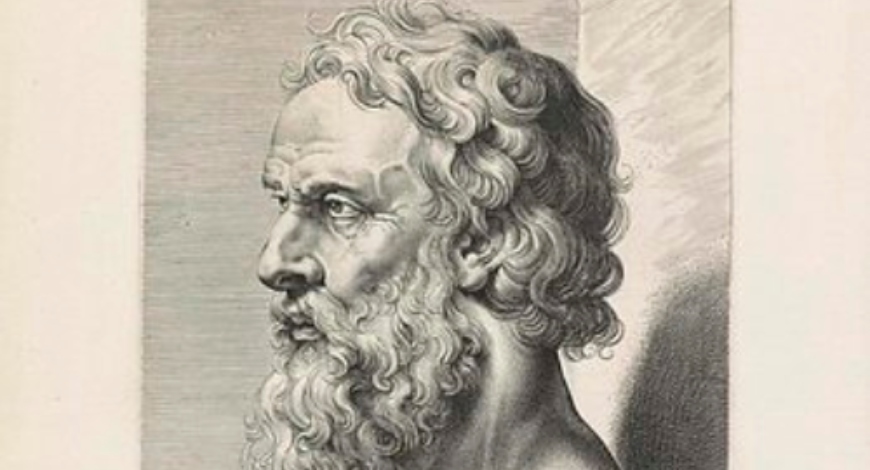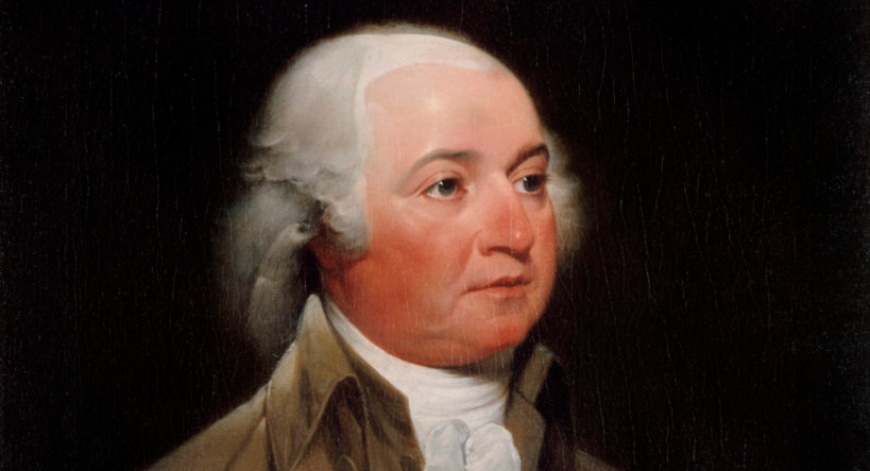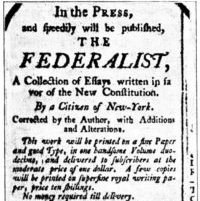Being a good person is hard enough. It’s even harder when we occupy positions of authority. That’s because authority gives us leeway to deal with others in whatever way we want, and carry through with punishments of our design. How we execute our power reveals our true values because we had the power to choose otherwise. Yet, adversity and hardship test our values too, and sometimes uncover more of who we really are.
Students are no strangers to power. They have parents, coaches and teachers exerting power over them and telling them what to do. Students slowly develop a moral sensibility towards authority figures and are quick to point out when they feel power is being used in negative and positive ways.
The “Federalist Paper 51” is a great entry point for analyzing the theme of power and how our government is set up to put a check on it. Throughout the study of this text and theme I would hearken back …
I’m teaching William Golding’s The Lord of the Flies and I’m interested in the theme of power and how it can be abused over time. I start off with the John Adams conversation to explore ideas of power and trust …
I want to use the study of Monarchy to discuss the theme of power with students. Thinking about what kinds of power a king or queen has and the good and bad they could do with that power, brings up …
When teaching Arthur MIller’s The Crucible I would keep the John Adams conversation regarding power in my back pocket. As Miller craftily shows how quickly power can go awry when it is in the wrong hands. I could use John …
In government I want to teach the theme of power through federalism— the balance of authority between the states and national government. The John Adams conversation would be an effective way to introduce the concept of federalism by getting the …
The ending of Shirley Jackson’s short story “The Lottery“ is shocking. I would use the conversation with John Adams about Power to lead students in a discussion of the story and how some people in society exert their power over …










